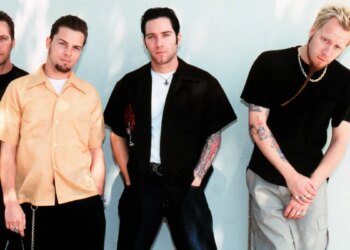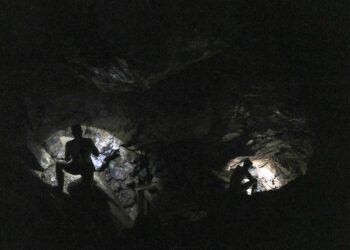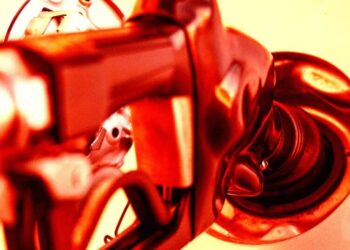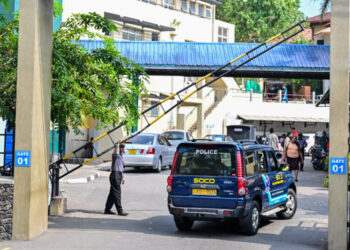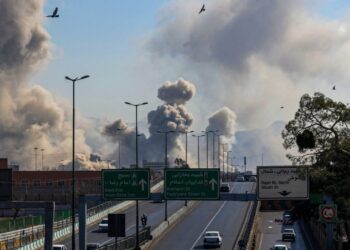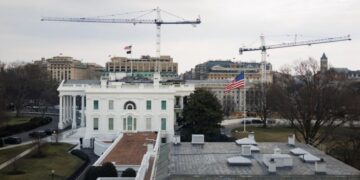Lit Becomes Sony’s Own Worst Enemy As They Sue the Company for Breach of Contract
Rock band Lit filed a lawsuit against Sony Music Entertainment on March 2, 2026, and now everyone is coming out...
Scouted: These Cooling Anti-Chafe Slip Shorts Gave My Sweaty Thighs Some Much-Needed Relief
Scouted selects products independently. If you purchase something from our posts, we may earn a small commission. Let me start...
MAGA Former MMA Fighter Tipped to Replace ICE Barbie
President Donald Trump is furious with Homeland Security Secretary Kristi Noem and is considering replacing her with pro-MAGA Sen. Markwayne...
A violent economy is taking root in Venezuela — and could undermine Trump
Francisco Dallmeier is founder and CEO of Nature and Sustainability Solutions. Cristina Vollmer Burelli is founder of SOSOrinoco. Deep in...
Gas Prices Spiking After Trump’s War in Iran
The Trump administration’s war with Iran has forced oil and gas tankers and cargo ships to a standstill in the...
Sri Lanka Is Caught in the Middle as Second Iranian Vessel Seeks Safe Haven
. A day after an Iranian ship was torpedoed by the U.S. in the waters near Sri Lanka, the country’s...
New Study Shows Shocking Extent of Trump Appointees’ Loyalty
President Donald Trump’s judicial appointees are delivering on his agenda at an astonishing rate, even compared to federal judges appointed...
Live updates Israel urges evacuation of south Beirut suburbs; Iran threatens revenge on U.S. over warship
Israeli forces warned residents in Beirut’s southern suburbs to evacuate immediately, as Hezbollah and Israel escalated attacks against each other....
Speculation swirls after Trump demands to name new Iran leader: ‘Supreme Leader Kushner’
President Donald Trump is insisting that he must be personally “involved” in choosing Iran’s next leader, and social media users...
Board Delays Vote on Trump’s Ballroom Amid Deluge of Public Criticism
The National Capital Planning Commission on Thursday delayed its final vote on President Trump’s planned $400 million White House ballroom...
